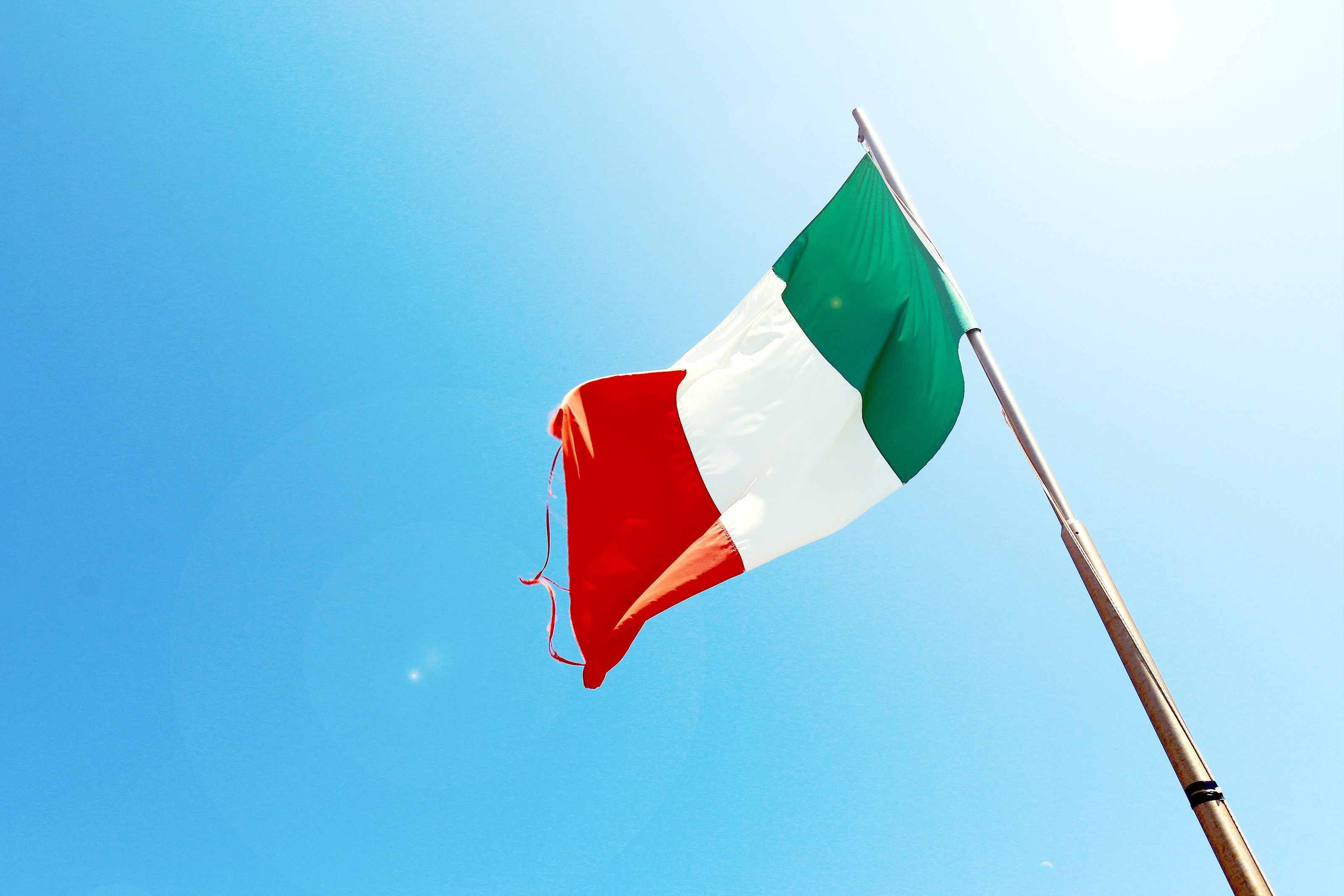"The situation in the country... in the next few months will determine the picture in the entire European banking industry for the next years," says ABN Amro strategist.
The economy of Italy takes the third place in the euro area rating. At present, the newly formed government of the country is working on the budget for the next year. The monetary plan will be carefully studied by watchdogs and by market players.
The Northern League and the Five Star Movement, which formed the coalition, criticized the EU's restrictions on government loans and expenditures.
Investors are afraid of raising pensions and government benefits in Italy, given that the country already has huge public debt (about 130% of GDP).
If market players do not greenlight the budget for 2019, which should be submitted around October, the the country's costs of borrowing may well grow, and this can have an impact on its neighbors. This may also result in problems for those banks that hold the debt of Italy.
In addition to the budget issue, analysts point at other factors that can create problems for banks of Europe. Rating agencies should update their estimates for the country in the coming weeks. Banks of Italy still have a great number of bad debts. Because of the ambiguity of politics in Rome, it is not easy to predict what can eventually happen in the banking industry.
Giancarlo Giorgetti, secretary of the government, said on Sunday that speculators are likely to attack Italian financial markets this month, but the country has funds for protection.
"I expect an attack [in August]," Giorgetti said in an interview with Libero.
"Markets are filled with hungry speculative funds that choose their victim and attack," the official said. "In summer, market volumes are small, and the basis for aggressive initiatives against countries can be laid. Look at Turkey. "
"If there is a storm [on the market], we will open our umbrella, Italy is a big country and it has the resources to respond, in part because of the large amount of private savings," Giorgetti said.
source: cnbc.com
The economy of Italy takes the third place in the euro area rating. At present, the newly formed government of the country is working on the budget for the next year. The monetary plan will be carefully studied by watchdogs and by market players.
The Northern League and the Five Star Movement, which formed the coalition, criticized the EU's restrictions on government loans and expenditures.
Investors are afraid of raising pensions and government benefits in Italy, given that the country already has huge public debt (about 130% of GDP).
If market players do not greenlight the budget for 2019, which should be submitted around October, the the country's costs of borrowing may well grow, and this can have an impact on its neighbors. This may also result in problems for those banks that hold the debt of Italy.
In addition to the budget issue, analysts point at other factors that can create problems for banks of Europe. Rating agencies should update their estimates for the country in the coming weeks. Banks of Italy still have a great number of bad debts. Because of the ambiguity of politics in Rome, it is not easy to predict what can eventually happen in the banking industry.
Giancarlo Giorgetti, secretary of the government, said on Sunday that speculators are likely to attack Italian financial markets this month, but the country has funds for protection.
"I expect an attack [in August]," Giorgetti said in an interview with Libero.
"Markets are filled with hungry speculative funds that choose their victim and attack," the official said. "In summer, market volumes are small, and the basis for aggressive initiatives against countries can be laid. Look at Turkey. "
"If there is a storm [on the market], we will open our umbrella, Italy is a big country and it has the resources to respond, in part because of the large amount of private savings," Giorgetti said.
source: cnbc.com





